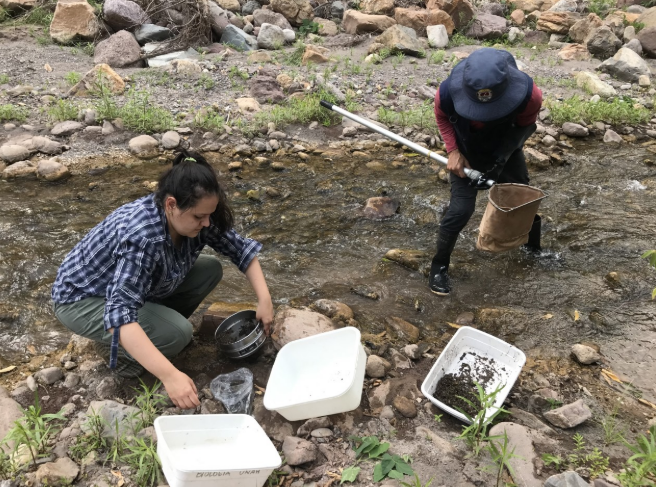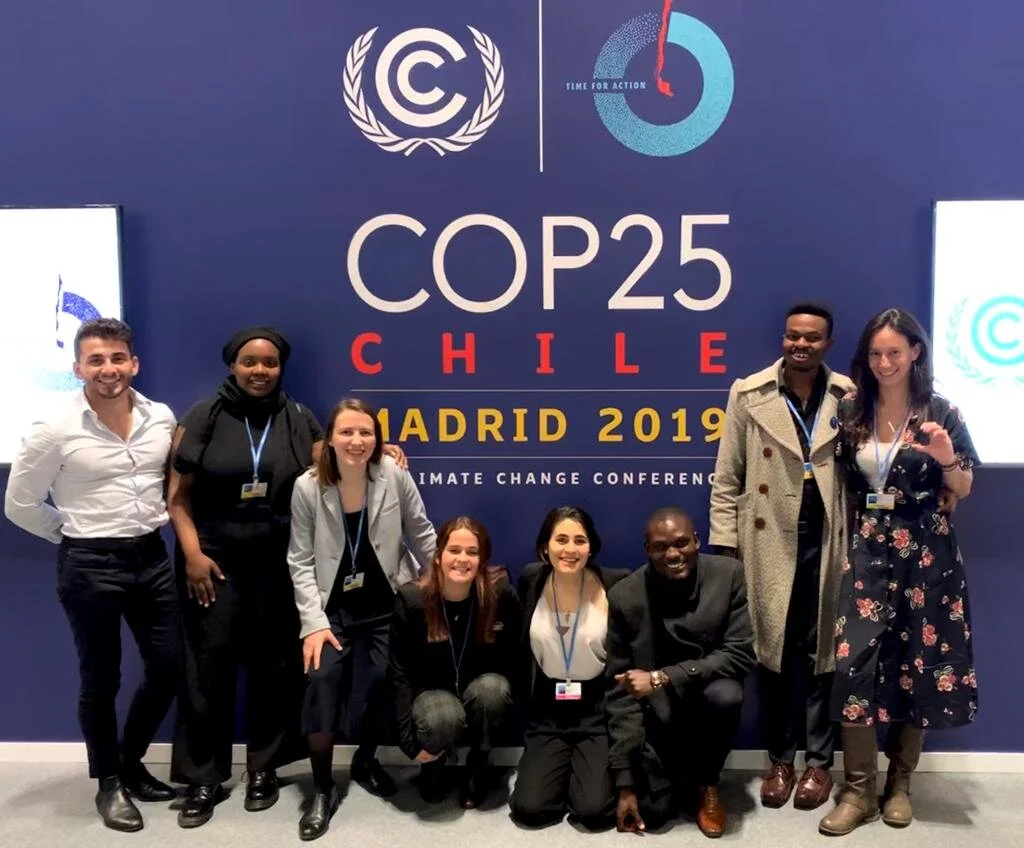This is part of a short series for International Youth Day that is looking at how young people see, understand, and are acting for and with forests.
“We planted all this not for ourselves but for our neighbours. Each household now has at least 5 plants from us. I was able to teach children, youth and elders the role of trees and forests, any why forest conservation is crucial. When you plant even one tree, you have the power to influence so many people; indeed, you can influence life all over the world.”

























